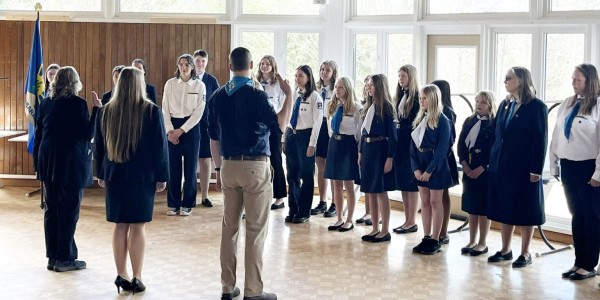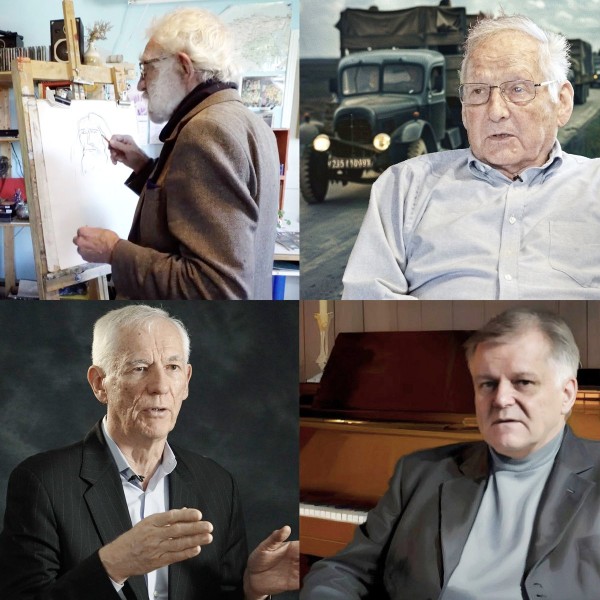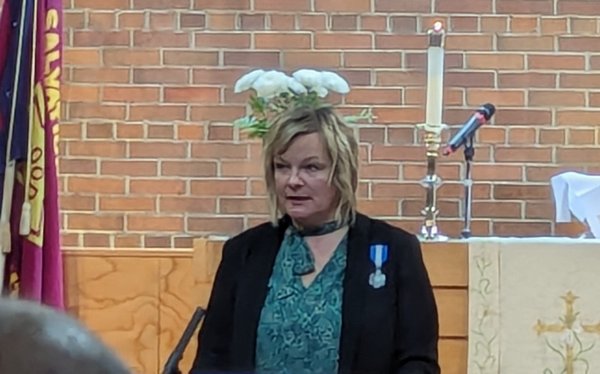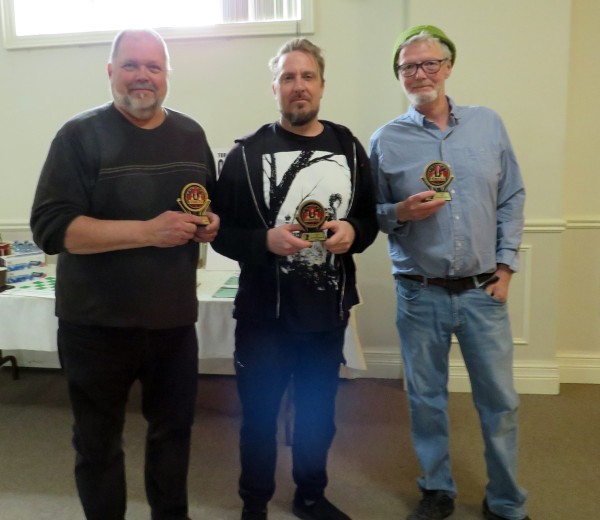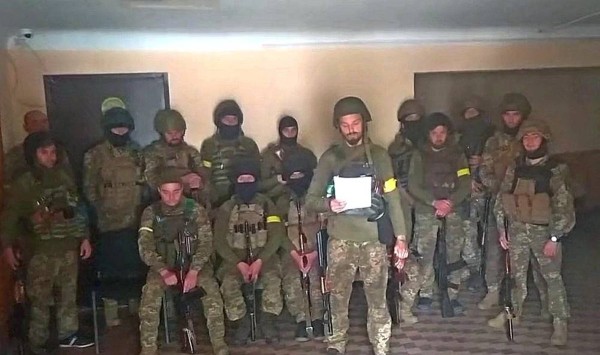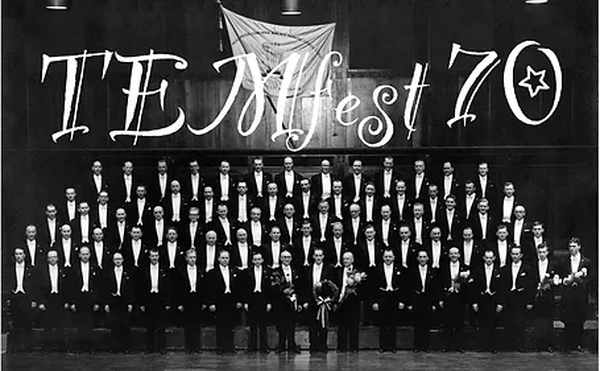
As the few bars of song ritually open TEM’s concerts, audiences, hearing the adage, rise. The tune and words are instantly recognizable as the essence of TEM, an en-during institution of Estonians abroad.
The motto, with Roman Toi’s music and Henrik Visnapuu’s words, represents a pursuit of freedom and defiance of the foreign. The maestro had pride in TEM’s ability to get that message across to all audiences, whatever their background. It was natural in the late 1980s to have this “vabade meeste laul” missive resonate in Estonia’s “Singing Revolution”.
TEM’s powerful singing talent and the determination to reject Soviet occupation was a good match. Audienc-es in numerous cities throughout North America and many centres of Europe, applauded the full-throated sound of a fine-tuned team. TEM benefited from the pre-war experience of many singers, already veterans of their homeland choirs.
As one of the founders of the choir in 1950, August Kiilaspea recognized this and was able to enlist enthusiastic singers, forming a solid core that expanded to over 100. That powerful chorus filled the large stage of historic Massey Hall years before Neil Young or Bob Dylan ever made it there. Kiilaspea was the first conductor and his son Enn, also joining that first year, has been a mainstay bass in the choir ever since.
We recall that in 1952, TEM was the first to claim their place in the newly purchased school house that became the Toronto Eesti Maja, the community home.
It’s improbable that a ‘typical Canadian’ would know the name of any choir master. But ask any Estonian, most likely several would come to mind. TEM has had legendary conductors, both for their unassailable musi-cianship and their ability to nurture the discipline that has men singing in one harmonious voice.
Music was a connector for us in exile and Roman Toi became legendary in mustering that unifying force. We must recall that Toi convened not only song festivals but also the first N. American Estonian Days, the precursor of many Estonian World Festivals to come. Toi has been called the ‘Ernesaks’ of Estonians abroad. But lacking a full-time, professional team of singers, and without any significant financial support, the challenges confronting Toi were much more onerous. He still succeeded, superbly.
Charles Kipper, with innate, multi-faceted musical talent, was a logical choice to continue the legacy passed on from Toi. He was never ruffled by the choir’s struggle with complex passages. His patience prevailed. Kip-per’s obliging character and gentle demeanour hid the depth of his abilities. He didn’t wield this talent as a means to gain authority. But his abundant musical en-dowment certainly won the confidence of the men.
Avo Kittask, a retired operatic baritone, also a long-time soloist for TEM, gained professional experience with several theatrical/musical companies. Having per-formed on numerous stages in North America, in Lon-don, Stockholm, Tallinn, Tartu and elsewhere, Kittask is aptly equipped to engage and win audiences. His musical capabilities are equally as impressive as those of his predecessors. He wields a conductor’s baton with confidence and style. After the pandemic devastated many organizations, recharging and retuning TEM demands determination and know-how. Kittask has plenty of both.
Interim choir masters have been Harry Toi, Asta Ballstadt and Uno Kook – all dedicated in providing continuity to the choir.
All three – Toi, Kipper and Kittask were also involved with mixed-voice choirs. Amongst others, Toi founded Estonia Koor, Kittask was a founder of “Ööbik” and Kipper conducted the latter as well as church choirs. These facts are significant since observers have noted an overall decline in all-male voice choirs and male choir members in general. What voices dominate when all choirs join to sing at Estonia’s Song Festivals? What fraction of “Ööbik” and Estonia Koor are men? Welsh choirs are an exception and TEM is still robust as the only Estonian male choir abroad. It’s not stubbornness, it’s musical staying power.
The rich sound of unified male voices is surely some-thing that demands preserving. The husky texture of men in groups singing has a quality that attracts listen-ers.
It was a privilege for me to sing bass with TEM for a dozen plus years, singing on two concert tours in Esto-nia, including Song Festivals and at the TEM memorial to our fallen fighters in Sinimägedes. Why join? I like to sing. I felt I could sing the same note as the guy next to me. TEM evoked a sense of “estonianism”, connectedness. I had a chance to be one of the ‘lauluvennad’, a moniker that still elicits pride in non-active singers. The “Singing Revolution” was contagious and echoed TEM’s motto of defiance.
We should all help TEM to grow and flourish. It’s more than an institution. It’s part of who we are. TEM has been a vital, unifying dynamic for us abroad. Let’s all celebrate TEM’s 70 + years of enriching our commu-nity. (Covid intervened.)
Enjoy TEM’s anniversary concert: Sunday, May 28, 3:00 pm, at Latvian Cultural Centre, 4 Credit Union Dr., Toronto. Info: torontoeestimeeskoor.wixsite.com/laul
Laas Leivat








